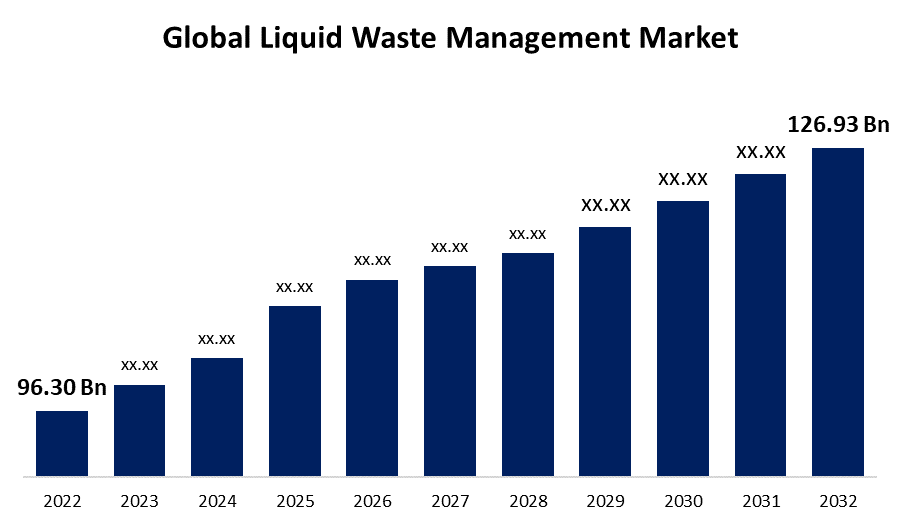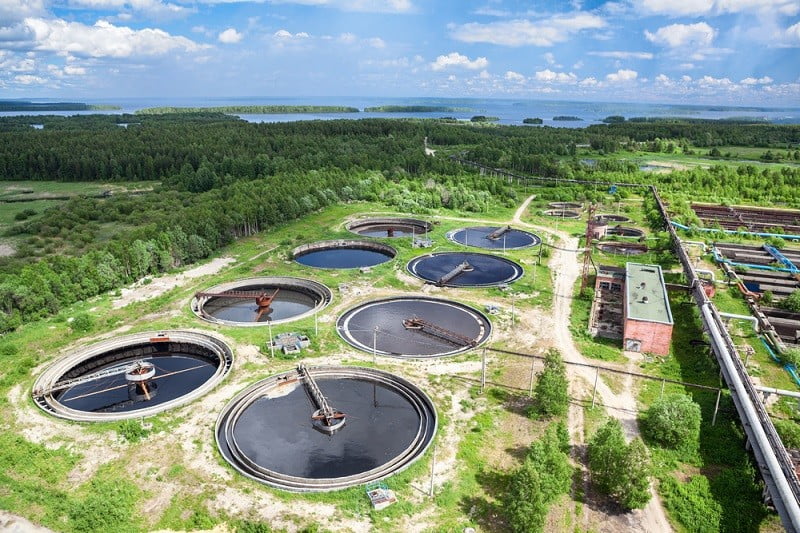Recognizing the Comprehensive Refine of Fluid Garbage Disposal: Ideal Practices and Environmental Influence Factors To Consider
The monitoring of fluid waste disposal is a multifaceted issue that calls for a comprehensive understanding of various best techniques and their linked ecological effects. From the kinds of liquid waste created to the techniques utilized for collection, treatment, and final disposal, each step plays an important function in protecting environments and public health. As regulative requirements progress and innovation advancements, the discussion around these processes becomes significantly significant. What effects do these adjustments hold for future sustainability efforts, and exactly how can stakeholders make sure that they are appropriately addressed?
Kinds of Liquid Waste
Recognizing the different kinds of liquid waste is necessary for efficient administration and disposal methods. Fluid waste can be generally categorized right into numerous kinds, each needing distinct handling and treatment techniques.
Industrial liquid waste frequently includes harmful products, including hefty metals, solvents, and chemicals, produced throughout manufacturing processes. These wastes require stringent governing conformity to protect human wellness and the environment. Residential fluid waste largely describes wastewater created from houses, including sewage and greywater, which, although much less poisonous, can still present substantial dangers if improperly taken care of.
Agricultural liquid waste, consisting of runoff from ranches, typically has fertilizers and pesticides that can bring about environmental deterioration otherwise treated properly. Clinical fluid waste, created from health care facilities, consists of polluted fluids such as physical liquids and chemicals, requiring specialized disposal methods to stop infection and environmental contamination.
Last but not least, oil and grease waste, typically generated by dining establishments and automobile industries, can create serious blockages in drain systems otherwise handled appropriately. Comprehending these classifications helps with targeted strategies for therapy, conformity with policies, and efficient disposal approaches, eventually advertising environmental sustainability and public wellness safety and security.

Collection Approaches
Efficient collection techniques are important for the proper monitoring of liquid waste, making certain that it is collected securely and efficiently prior to treatment or disposal. Various methods are employed depending upon the sort of liquid waste produced, the quantity, and the details attributes of the waste.
One common method is using specialized collection containers or sumps, which are made to catch fluid waste at the source. These systems typically incorporate pumps that promote the transfer of waste to larger storage space containers or treatment facilities. Additionally, mobile collection systems furnished with vacuum technology are employed in situations where waste is generated intermittently or in hard-to-reach areas.
For commercial settings, closed-loop systems can properly decrease spills and leaks, enabling the recovery and reuse of fluid waste. It is likewise necessary to educate employees on correct collection procedures to reduce risks connected with harmful materials.
Furthermore, carrying out regular upkeep timetables for collection tools makes sure ideal performance and safety. The combination of sophisticated surveillance systems can improve collection efficiency by providing real-time data on waste levels and potential dangers. In general, effective collection techniques are fundamental to sustainable liquid waste management techniques.
Treatment Procedures
Treatment procedures play a crucial role in the monitoring of fluid waste, changing possibly hazardous materials right into secure effluents or recyclable sources - liquid waste disposal. These processes can be extensively categorized into physical, chemical, read more and biological methods, each tailored to resolve details impurities existing in the waste stream
Physical treatment approaches, such as sedimentation and purification, job by eliminating suspended solids and particulate issue. These strategies are usually the very first step in the therapy chain, properly reducing the tons on succeeding procedures. Chemical therapies include the use of reagents to counteract unsafe compounds, precipitate heavy metals, or oxidize organic contaminants, thereby improving the safety of the effluent.
Biological treatment processes, including triggered sludge systems and anaerobic digestion, take advantage of the natural abilities of microorganisms to break down raw material. These methods are especially effective for wastewater having naturally degradable pollutants. Advanced treatment innovations, such as membrane purification and advanced oxidation processes, are significantly employed to achieve higher levels of filtration.
Integrating a combination of these treatment techniques not only ensures conformity with governing standards however additionally advertises environmental sustainability by recouping valuable sources from fluid waste.
Disposal Options
Exactly how can organizations make certain the secure and responsible disposal of fluid waste? Reliable disposal choices are vital for safeguarding public wellness and the environment. The key methods include land therapy, incineration, and disposal followed by discharge right into local wastewater systems.
Land disposal entails the cautious containment of liquid waste in marked land fills, guaranteeing that it does not seep into bordering dirt or water. Incineration, on the other hand, subjects fluid waste to heats, transforming it into ash and gases, which require appropriate filtering to minimize emissions. This method is suitable for contaminateds materials that can not be treated via typical methods.
In instances where fluid waste can be treated, click over here now companies might select chemical or organic therapy processes to reduce the effects of dangerous parts prior to discharging the treated effluent right into metropolitan systems. This course commonly straightens with governing demands, making sure that the effluent satisfies safety and security standards.
Ultimately, organizations should carry out complete analyses of each disposal alternative to determine its feasibility, thinking about variables such as waste structure, governing compliance, and prospective threats to health and wellness and the environment. By selecting ideal disposal approaches, companies can contribute to a liable waste management approach.
Ecological Effect
The ecological impact of liquid waste disposal is a vital consideration for companies looking for to decrease their environmental impact. Incorrect disposal methods can bring about substantial contamination of water sources, soil destruction, and damaging impacts on local ecosystems. As an example, unsafe fluids can seep right use this link into groundwater, positioning dangers to drinking water supplies and marine life. Additionally, the discharge of without treatment or improperly dealt with waste into surface waters can result in eutrophication, bring about oxygen exhaustion and the succeeding fatality of fish and other organisms.

To reduce these effects, companies should adopt ideal practices such as executing rigorous waste therapy processes, advertising recycling and reuse, and sticking to regulatory standards. By taking an aggressive approach to liquid waste monitoring, entities can considerably decrease their ecological footprint while supporting lasting growth objectives. Inevitably, a comprehensive understanding of the ecological impacts linked with fluid waste disposal is important for informed decision-making and responsible stewardship of natural sources.
Conclusion
Effective administration of fluid waste is essential for safeguarding ecological stability and public health. By adopting finest practices in disposal, treatment, and collection, together with adherence to governing requirements, the capacity for damaging contamination of environments can be dramatically minimized. Continuous developments in innovation and processes contribute to sustainable waste administration initiatives. Eventually, a thorough understanding of liquid garbage disposal not only reduces environmental influences but likewise cultivates a commitment to accountable source monitoring and ecological stewardship.
The administration of liquid waste disposal is a diverse problem that calls for an extensive understanding of numerous finest practices and their connected environmental impacts. From the kinds of liquid waste created to the approaches utilized for collection, treatment, and final disposal, each step plays an essential role in securing ecological communities and public health and wellness.The environmental impact of liquid waste disposal is an important factor to consider for organizations seeking to decrease their environmental footprint. Eventually, a detailed understanding of the environmental effects associated with fluid waste disposal is crucial for notified decision-making and liable stewardship of all-natural sources.
Eventually, an extensive understanding of liquid waste disposal not just minimizes ecological influences yet also cultivates a commitment to responsible source monitoring and ecological stewardship.
Comments on “Reputable Liquid Waste Disposal Melbourne: Safe and Efficient Services”